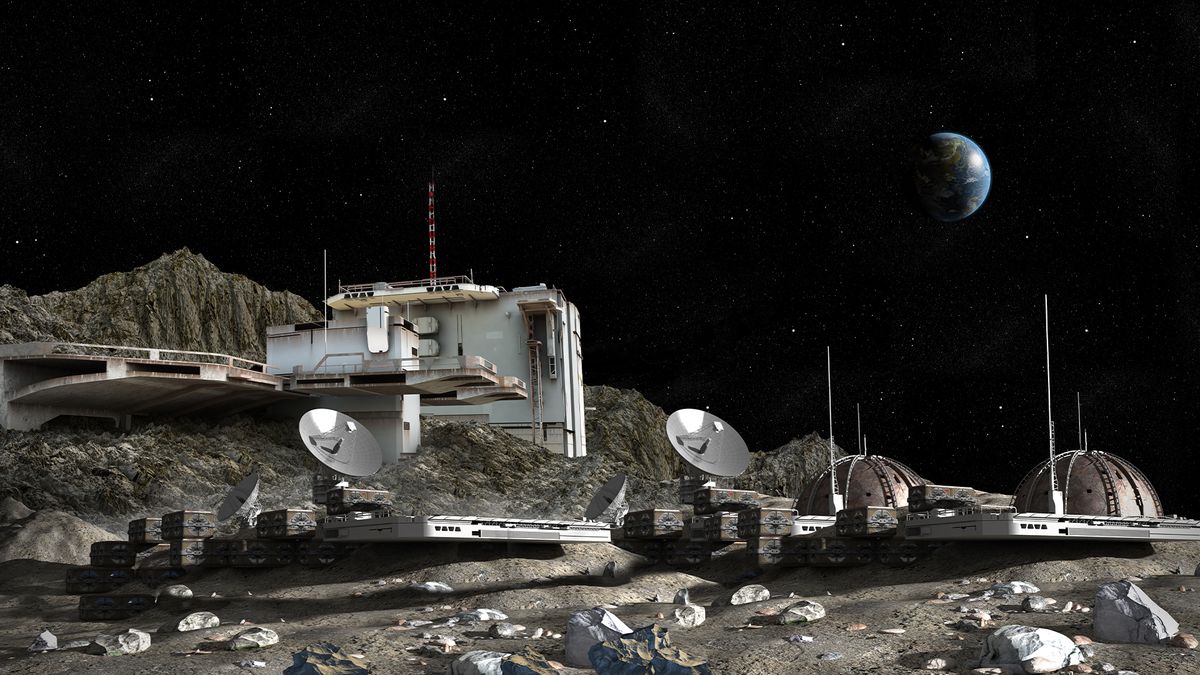The Earth's natural satellite, the Moon, has long been a celestial muse, a source of scientific curiosity and poetic inspiration. But as private space companies ramp up their capabilities and set their sights on lunar resources, a new question hangs heavy in the air:who owns the Moon?
The international treaty governing space exploration, the Outer Space Treaty of 1967, prohibits countries from claiming sovereignty over celestial bodies. Drafted at the dawn of the space age, the treaty envisioned a future of peaceful cooperation in space exploration. However, it leaves a key question unanswered:can resources extracted from the Moon be claimed as property?
This legal gray area is attracting the attention of companies like SpaceX and Blue Origin, who see potential riches in the Moon's water ice, rare earth minerals, and platinum group metals. These resources could be vital for building and maintaining a lunar base or even fueling future missions to Mars.
The potential for lunar resource extraction has spurred the development of space resource utilization (SRU) laws by some countries, most notably the United States. These laws essentially say that if a company can mine resources in space, they have the right to sell them. However, the international community has yet to agree on a unified approach to governing space resource extraction.
Opponents of these unilateral claims argue that they violate the spirit of the Outer Space Treaty and could lead to a chaotic land rush on the Moon, with private companies carving out lunar fiefdoms. They advocate for an international framework that ensures the Moon's resources are used for the benefit of all humankind, not just a select few.
The issue is further complicated by the existence of the Moon Agreement, a 1979 treaty that explicitly designates the Moon and its resources as "the common heritage of mankind. " However, the Moon Agreement has only been ratified by a small number of countries, and major spacefaring nations like the United States, Russia, and China are not signatories.
As spacefaring capabilities continue to develop, the question of lunar ownership is likely to become increasingly pressing. Resolving this issue will require international cooperation to establish a clear and fair legal framework for governing human activity on the Moon. This framework will need to address concerns about resource exploitation, environmental protection, and the peaceful use of space.
The Moon has captivated humanity for millennia, and it seems our relationship with this celestial body is about to enter a new and uncharted chapter. Whether this chapter will be one of peaceful cooperation or resource-fueled conflict will depend on our ability to forge a common understanding of how to explore and utilize the Moon for the benefit of all.

